
The health of your gut is directly related to your overall well-being. I
like to think of your gut as your second brain – it’s that important to keep it healthy! It seems more of my clients are coming to me with complaints related to their digestive systems including constipation, gas, bloating, diarrhea and heartburn. Luckily, your digestive health can be easily kept healthy and even improved with a few simple lifestyle adjustments.
If you’re experiencing digestive troubles, implement some of these simple ways to improve your overall digestive health. It will make a huge difference to the way you look and feel. When you’re experiencing sluggish digestion, this can have an impact on other areas of your health like your skin as well.
1. Increase the amount of fruit and vegetables you consume: Eating a range of fruit and veg will provide your system with heaps of soluble fibre to keep your digestive system moving the way it should. Juicing is a great way to get all those nutrients and minerals your body needs.
2. Increase the amount of whole foods in your diet and decrease the amount of processed foods you consume: Processed foods are difficult for the body to digest and can cause blockages within your digestive tract. The more real food you eat, the more your gut will love you.
3. Start your day with a tonic of freshly squeezed lemons with a tablespoon of ACV (Apple cider vinegar) in spring or filtered water: This is alkalizing and helps to clean the stomach of any residual debris, while also kick-starting your digestive system first thing in the morning.
4. Listen to your body and what it needs. Your body is always talking to you, so if you’re having a difficult time “knowing” what works for you, consider doing a short cleanse.
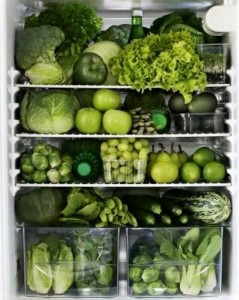 5. Eat more fibre (fruit and vegetables are a great source of this!) as this helps your bowel movements to happen regularly: You should poop at least once a day, ideally up to three times a day.
5. Eat more fibre (fruit and vegetables are a great source of this!) as this helps your bowel movements to happen regularly: You should poop at least once a day, ideally up to three times a day.
6. Skip non-steroidal anti inflammatory drugs if possible: As regular use of these can cause peptic ulcers in the digestive tract. Great for inflammation is ginger, turmeric and green vegetables.
7. Be careful of use of other drugs that also create digestive problems: Especially including antibiotics which strip your gut of all the good bacteria that your body needs to maintain good immunity.
8. Don’t overeat, but always eat when you feel hungry: This all comes down to listening to your body’s needs.
9. Use herbs which aid digestion: Such as peppermint, fennel, and ginger. Also consume ginger to help settle an upset tummy.
10. Drink liquids before and after meals, not during: This is the best way to avoid diluting your digestive juices.
11. Take your time and really chew your food: It might seem silly, but most people don’t chew their food enough! Your body can use energy for other things if you chew your food instead of relying on acid and enzymes. Aim to chew at least 30 times per mouthful.
12. Eat slower so your body has time to digest everything: Eating slowly means you won’t have too much air coming into your body when you swallow.
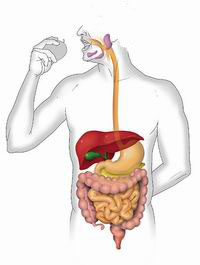 13. Avoid using laxatives: Your body becomes reliant on them and they are habit forming. Instead, try these 7 Ways to Heal Constipation Naturally.
13. Avoid using laxatives: Your body becomes reliant on them and they are habit forming. Instead, try these 7 Ways to Heal Constipation Naturally.
14. Stop smoking a& drinking alcohol: These habits cause ulcers & heartburn.
15. Don’t be afraid to enlist the help of a specialist (gastroenterologist): You may want to get a referral from a friend or relative. Remember that they are there to diagnose and treat, prevention lies in your hands.
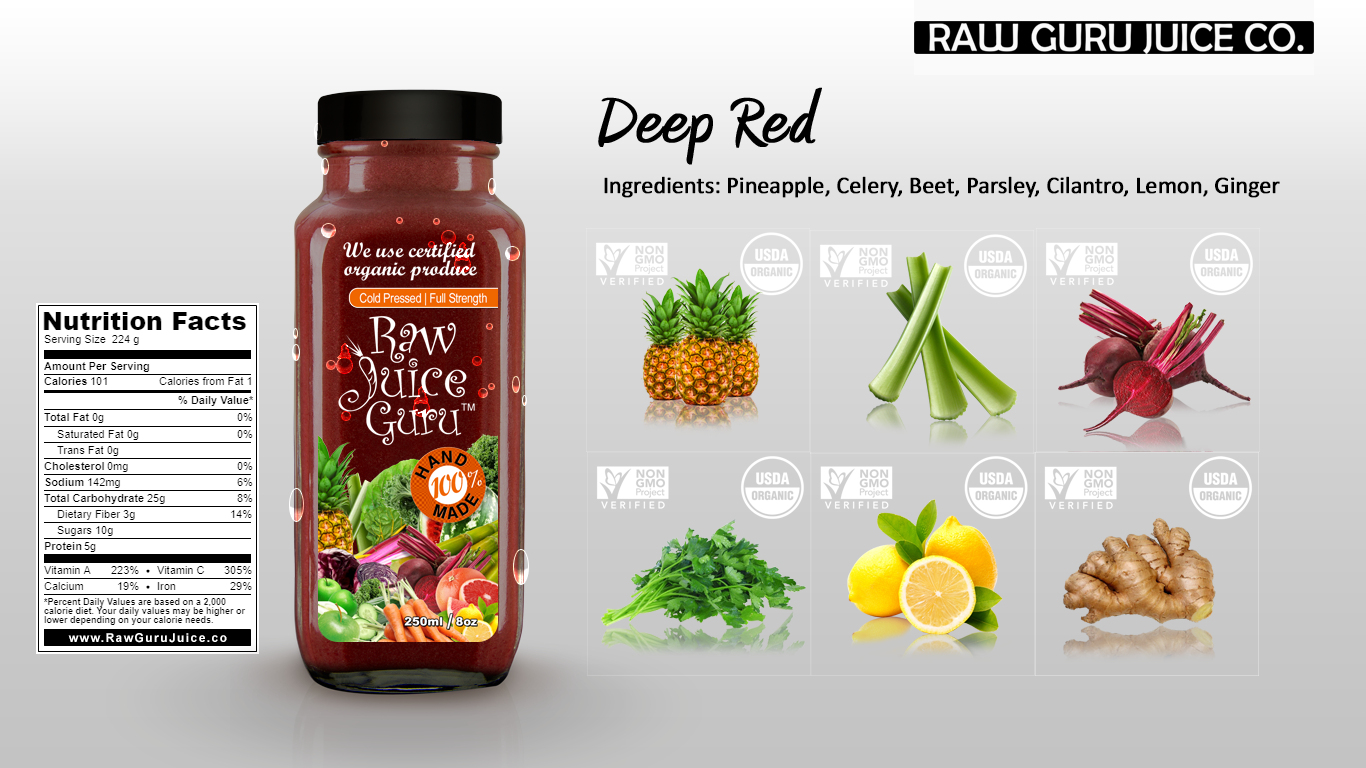
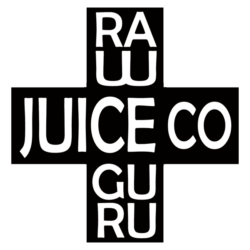

 The healthy fats in the avocado make these cupcakes as healthy as a bowl of kale and bean soup! OK, maybe not that healthy, but healthy enough to feel good about reaching for more. Each cupcake offers almost five grams of fiber and is just 230 calories. A regulat chocolate cupcake is 600++ calories! So you can indulge and have a second one.
The healthy fats in the avocado make these cupcakes as healthy as a bowl of kale and bean soup! OK, maybe not that healthy, but healthy enough to feel good about reaching for more. Each cupcake offers almost five grams of fiber and is just 230 calories. A regulat chocolate cupcake is 600++ calories! So you can indulge and have a second one. 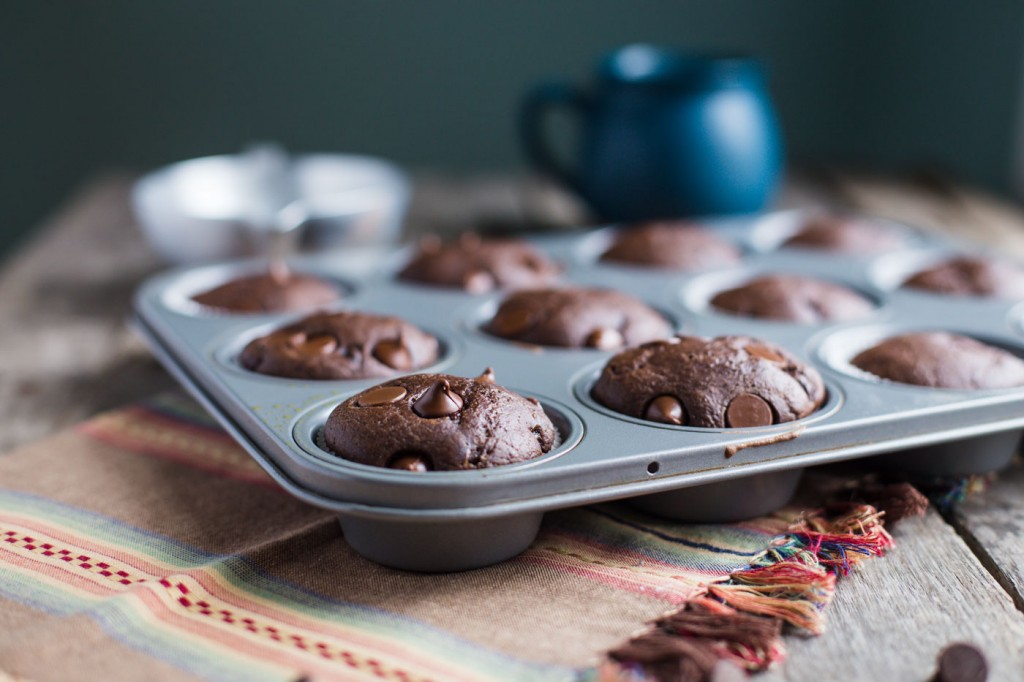
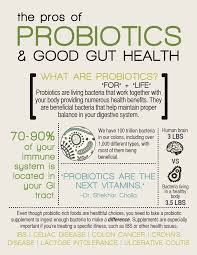

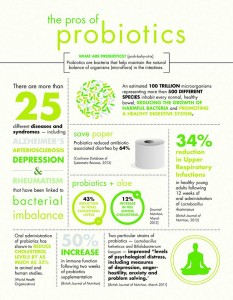

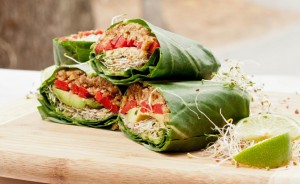 It’s hard to get anywhere near your wellness goals if you’re misinformed about what foods are truly healthy.
It’s hard to get anywhere near your wellness goals if you’re misinformed about what foods are truly healthy.